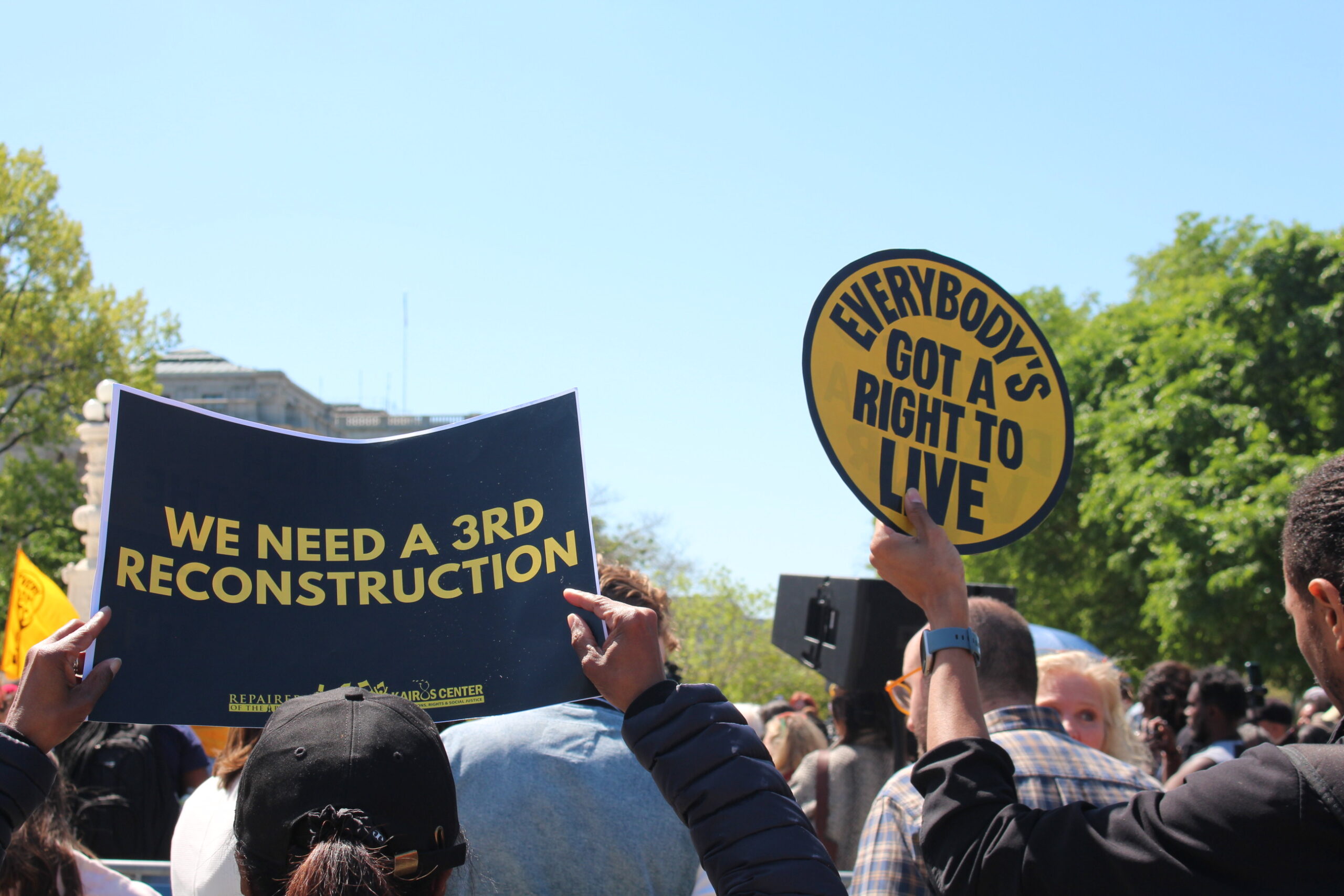
Last year, the Supreme Court ruled that communities can arrest and ticket people for living outside, and, one year later, over 150 cities have passed laws making it illegal to be homeless without addressing the dire lack of affordable housing that causes homelessness. On April 22, 2025, thousands of advocates will rally nationwide, and in Washington DC at the Capitol, to demand Housing NOW!. They will call for real solutions to end homelessness, reject budget cuts that only worsen the crisis and stand against fines and mistreatment against the homeless. We demand, Housing NOW!

National Solidarity Week is a week of active solidarity. It goes beyond mere awareness, serving as a powerful movement that fuels advocacy and fosters education on the harmful impacts of the Grants Pass verdict, which criminalizes homelessness. Our advocacy will take various forms, such as Twitter storms, Instagram posts, and other social media content highlighting the ramifications of the Grants Pass decision, local criminalization statistics, and ordinances. Join us in taking a stand, magnifying voices, and striving to create a society where everyone has a home. Together, we can make a significant impact.

On Monday, April 22nd, a powerful wave of advocates and partners gathered at the U.S. Supreme Court, echoing a unified message: “Housing Not Handcuffs!” At its heart, Johnson v. Grants Pass isn’t just about one town; it’s a reflection of the broader struggle for dignity, respect, and the right to exist in public spaces without fear of harassment or punishment. The case is simple: can cities that fail to meet everybody’s basic needs of housing or shelter punish people with no choice but to sleep outside for using things like blankets or pillows?

The Local Power Tour aims to educate the public of the realities of being homeless in America and shift public perceptions of homelessness to a more compassionate understanding. We believe that this amplification of local efforts will serve to inform and inspire Americans across the US to stand with local organizers and advocates and demand the decriminalization of homelessness and housing justice for all.

The Bring America Home NOW (BAHN) Campaign, spearheaded by the National Coalition for the Homeless, is a comprehensive grassroots campaign to end homelessness in the U.S. Led by people who have themselves experienced homelessness, the campaign focuses on the passage of federal legislation aimed at addressing the interconnected solutions to the decades-long epidemic of homelessness in the United States.

The You Don’t Need a Home to Vote campaign seeks to promote voting access for low income and homeless persons to ensure that people who are economically disadvantaged maintain a voice in shaping their future. This toolkit provides ideas for individuals and organizations interested in helping people experiencing homelessness to overcome the obstacles that have traditionally prevented them from becoming registered, active voters.


